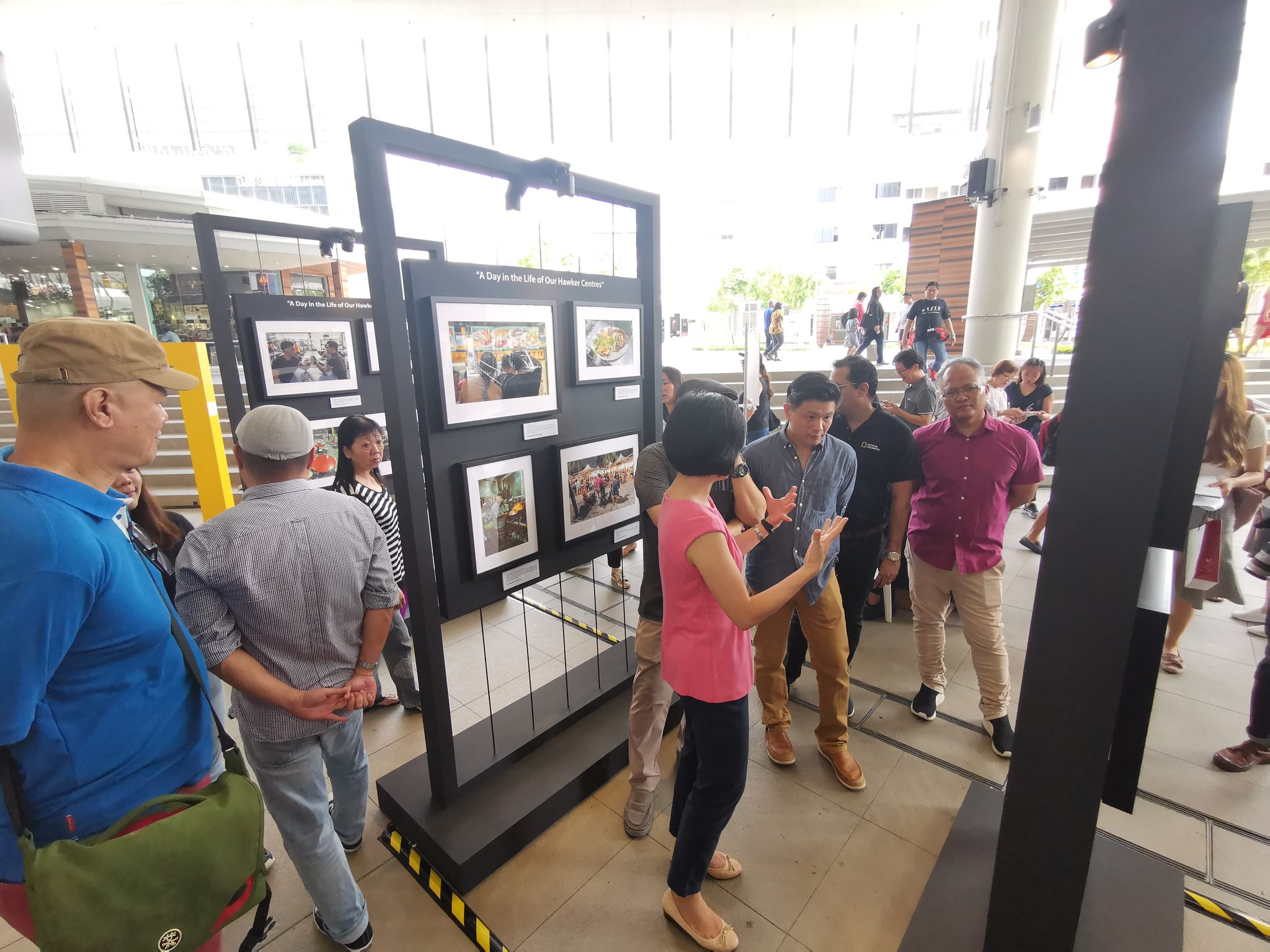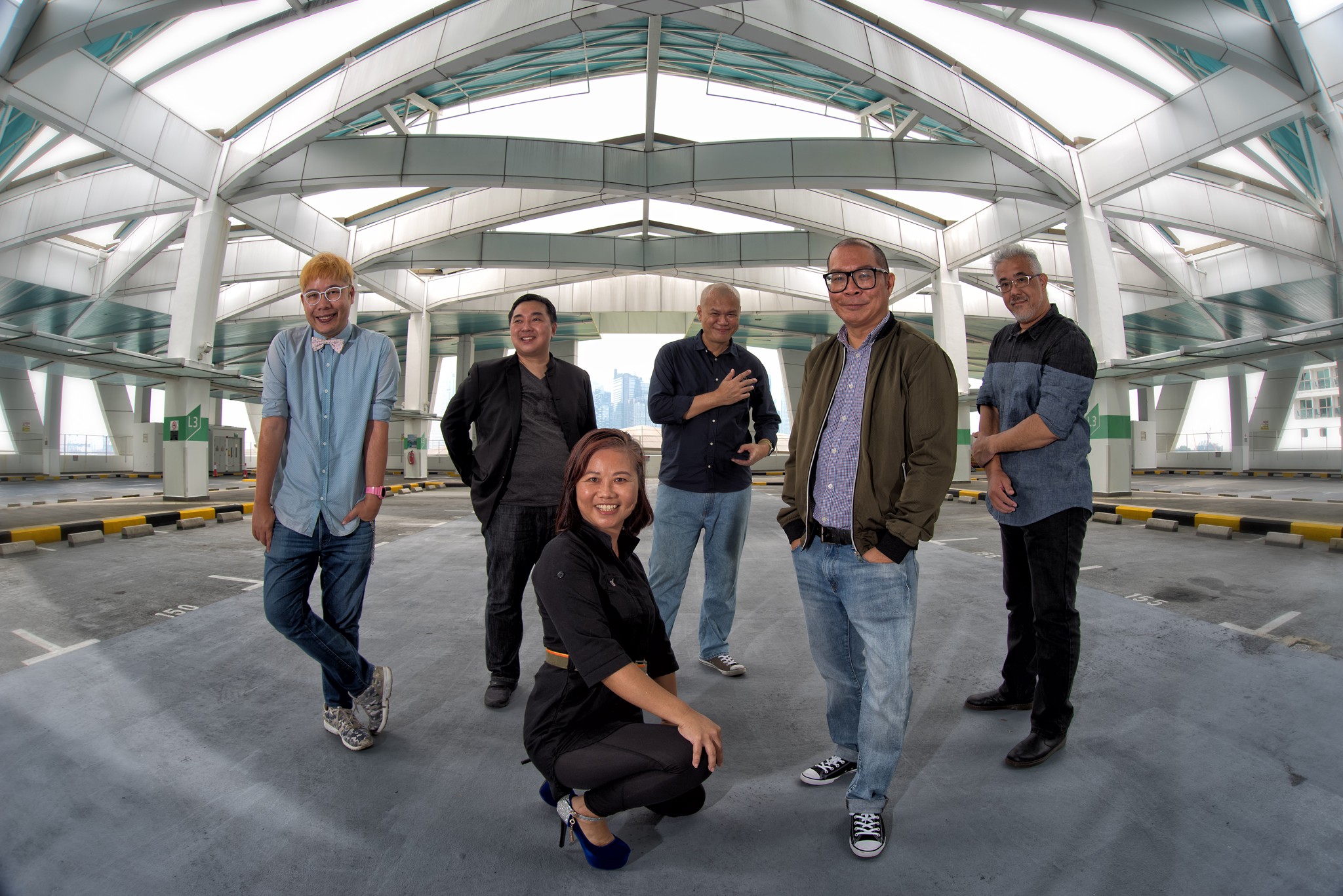A freelancers’ co-op from Singapore is contributing to a campaign to have the country’s hawker culture recognised by Unesco.
In March, the Singaporean government submitted its nomination for inscription into Unesco’s Representative List of the Intangible Cultural Heritage of Humanity. The UN agency is expected to make a decision by the end of 2020.
An integral part of the life of Singaporeans, hawker culture in the island can be traced back to the mid-1800s. Between 1968 and 1986 the government licensed and resettled street hawkers into purpose-built hawker centres and markets with proper sanitation and amenities. Nowadays, Singapore is home to more than 110 hawker centres.
Istoria Co-operative, which brings together freelancers from creative industries, is playing a key role in promoting Singapore’s hawker culture.

The co-op presented its portfolio of pictures to representatives from the Ministry of Communications and Information and Makansutra and was selected to take part in a travelling exhibition – Our SG Hawker Culture. Its members’ photos were displayed at an exhibition at Bedok Town Square from 22 to 24 March, which has moved on to Suntec City, National Library (Victoria Street) and can now be seen at Marine Parade Library (9-14 April 2020).
Istoria is a Greek word for story telling, says Ronald Low, one of the founding members of the co-op, whose photos were presented during the exhibition.
“It was heartening to be part of the #OurHawkerCulture campaign, which is not just about food. It represents our memories of growing up and spending time with family and friends over delicious and affordable food,” added Mr Low, who has taught at various schools as well as the Singapore University of Technology & Design.
Founded in November 2018, Istoria has more than 15 freelancers on its roster. It is run by its six founding members who have experience in the creative industries, as well as corporate and financial sectors. In addition to providing corporate and creative services, the co-op also runs workshops for photography enthusiasts.
A documentarian, Mr Low says Istoria champions the sustainability of freelancers in the creative industries, particularly in sectors like design, photography and videography.

“Our tagline – Evolving Through The Ages – is a representation of how photography has evolved and through the collective experiences of our founding members will ensure the relevancy of Istoria in the ever changing environment,” he added.
To become a member of the co-op, freelancers have to pay a one-off membership fee of S$60 (£33.96). Prior to joining, they also need to submit a portfolio of work and references, which are assessed as part of the process.
In today’s disruptive and competitive environment, the co-op can help freelancers pool resources and share experience, says Mr Low.
“We believe that the co-operative model is an appropriate structure going forward as freelancers need to come together as a collective for greater bargaining power and also to address clients’ needs. Photography skills are often a subset of a bigger assignment such as editorials or events management. The co-operative would also provide the necessary admin/other support so that the freelancers can focus on their craft/expertise.”
The co-op received advice from the Singapore National Co-operative Federation (SNCF) during the process of setting up. It is currently applying to receive the New Coop Grant administered by SNCF on behalf of the Central Cooperative Fund.
While the co-op is not offering access to insurance and healthcare, it is hoping to provide such services to members in the future by forming strategic alliances with other co-ops and enterprises.
Official statistics from 2016 revealed there were 180,000 freelancers in Singapore, accounting for about 8% of Singapore’s working residents. As the figure is expected to rise due to technological advances, SNCF chief executive Dolly Goh is encouraging other freelancers to consider setting up co-ops.
She said: “The co-operative model offers freelancers a means to secure a sustainable future as the values and principles that underpin the co-operatives – concern for community, democratic member control and ownership, autonomy and independence, and co-operation – are the very same issues that resonate with them.
“It will help them to create a shared vision of the kind of work environment and the type of clients they want as well as the impact on the community. We would like to encourage more people to come together to form co-operatives to take ownership and help themselves.”

